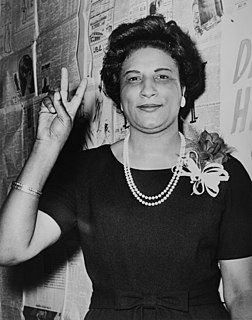A Quote by Ayelet Shaked
The issue of prohibiting pardons shouldn't be a political one, but a legal and moral one that relates to the details of the specific case before the court.
Related Quotes
I mentioned it yesterday: I'm one of these people that - I don't - like, on the abortion issue, it's not something that - I'm very uncomfortable talking about it. I'm not gonna kid you. It's a very uncomfortable thing. I think that it's a legal issue. Definitely a legal issue. It's been decided upon by our Supreme Court.
Political realism is aware of the moral significance of political action. It is also aware of the ineluctable tension between the moral command and the requirements of successful political action. And it is unwilling to gloss over and obliterate that tension and thus to obfuscate both the moral and the political issue by making it appear as though the stark facts of politics were morally more satisfying than they actually are, and the moral law less exacting than it actually is.
I wouldn't say I'm against same-sex marriage. I believe in freedom and equality for all people. I believe that when it comes to gay marriage, that's a political and legal issue that has to be dealt with in that arena. I have privately held beliefs, but when it comes to that, it's properly placed in the political and legal arena.
Legality alone is no guide for a moral people. There are many things in this world that have been, or are, legal but clearly immoral. Slavery was legal. Did that make it moral? South Africa’s apartheid, Nazi persecution of Jews, and Stalinist and Maoist purges were all legal, but did that make them moral?
For me, moral questions such as stem-cell research turn upon whether suffering is caused. In this case, clearly none is. The embryos have no nervous system. But that's not an issue discussed publicly. The issue is, Are they human? If you are an absolutist moralist, you say, "These cells are human, and therefore they deserve some kind of special moral treatment."
Modern equalitarian societies whether democratic or authoritarian in their political forms, always base themselves on the claim that they are making life happier. Happiness thus becomes the chief political issue -- in a sense, the only political issue -- and for that reason it can never be treated as an issue at all.
Moral Injury is differentiated from PTSD in that it directly relates to guilt and shame veterans experience as a result of committing actions that go against their moral codes. Therapists who study and treat moral injury have found that no amount of medication can relieve the pain of trying to live with these moral burdens.


































